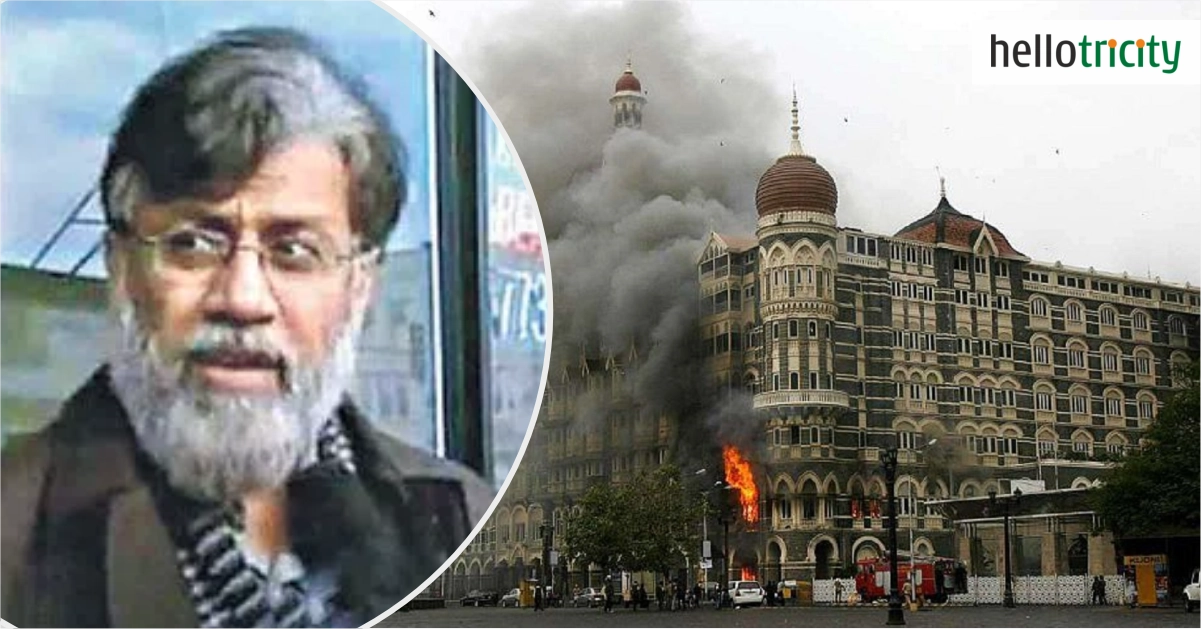In a highly impactful legal turn of events, a U.S. court has determined that Pakistani-born Canadian entrepreneur Tahawwur Hussain Rana can be extradited to India owing to his purported implication in the 2008 Mumbai terror assaults. The U.S. Court of Appeals for the Ninth Circuit made this ruling as it supported the decision from an early court, saying that the extradition is allowed by the India-U.S. Extradition Treaty.
The Los Angeles correction facility is presently housing Rana, who is embroiled in serious allegations regarding his involvement in the Mumbai attacks committed on 26th November 2008 where 166 individuals died, including six Americans. It is also known that he has strong connections with David Coleman Headley a major conspirator in the said incident and associated with Lashkar-e-Taiba (LeT) a terrorist group.
Earlier in the US, Rana was tried for additional reasons which included his connection to militants. After being found guilty of providing assistance to other people’s terrorist groups and collaborating on an attempted bombing in Denmark, he was cleared over the allegations about Mumbai’s violence. Now that the American authorities declared themselves not guilty on some counts against him; India requested his extradition so they could prosecute him for his role in the 26/11 events.
Rana’s defence argued against the extradition, citing the Non-Bis in Idem (double jeopardy) clause of the extradition treaty, which prevents extradition if the person has already been tried for the same offence in the requesting state. However, the panel of judges, comprising Milan D. Smith, Bridget S. Bade, and Sidney A. Fitzwater, rejected this argument. They concluded that the crimes for which India seeks to prosecute Rana contain distinct elements from those for which he was tried in the United States, allowing for his extradition under the treaty.
The court also found that India had provided sufficient evidence to establish probable cause that Rana was involved in the charged crimes, further justifying the extradition.
Having served five years in a US prison before being released due to compassion reasons, Rana is now facing extradition back to India, where he could potentially be charged with his alleged involvement in one of the most notable terrorist attacks ever recorded. His choice includes making an argument against the decision issued by the court, though this ruling constitutes serious damage to his campaign for freedom from extradition.
The Mumbai terror strikes of 2008, which were executed by 10 Pakistani terrorists, had a 60-hour-long siege across well-known places in Mumbai resulting in death and destruction all over those places. By bringing the ruling, now India can get close to holding Rana liable in relation to his supposed involvement with death toll incidents.




